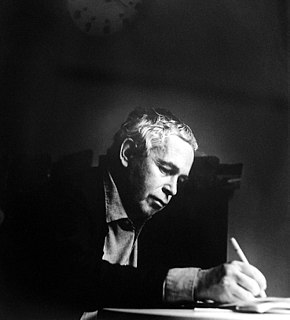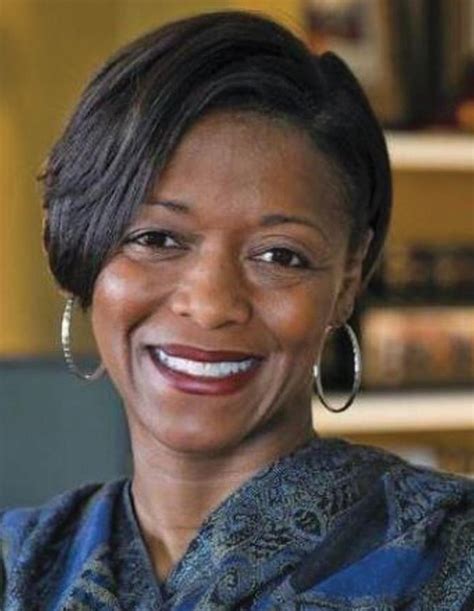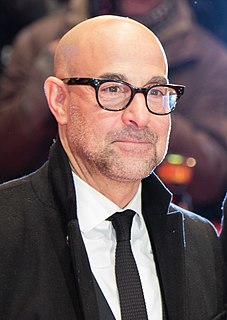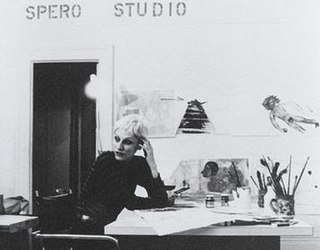A Quote by Howard Hodgkin
I don't really have a historical overview of my work at all. I'm not an art historian. I don't see that there's this period and that period.
Related Quotes
The historian is looked upon as objective when he measures the past by the popular opinions of his own time, as subjective when he does not take these opinions for models. That man is thought best fitted to depict a period of the past, who is not in the least affected by that period. But only he who has a share in building up the future can grasp what the past has been, and only when transformed into a work of art can history arouse or even sustain instincts.
[talking about the Holocaust] 'But to put something in context is a step towards saying it can be understood and that it can be explained. And if it can be explained that it can be explained away.' 'But this is History. Distance yourselves. Our perspective on the past alters. Looking back, immediately in front of us is dead ground. We don't see it, and because we don't see it this means that there is no period so remote as the recent past. And one of the historian's jobs is to anticipate what our perspective of that period will be... even on the Holocaust.
Historical fiction was not - and is not - meant to supplant literature from the period it describes. As a veteran of the Crimea, Tolstoy wrote 'War and Peace' to match his own internal sense of the truth of the Napoleonic wars, to dramatize what he felt literature from that period had failed to describe.
You have to be very productive in order to become excellent. You have to go through a poor period and a mediocre period, and then you move into your excellent period. It may be very well be that some of you have done quite a bit of writing already. You maybe ready to move into your good period and your excellent period. But you shouldn't be surprised if it becomes a very long process.
I guess maybe my art can be said to be a protest. I see things a certain way, and as an artist I’m privileged in that arena to protest or say publicly what I’m thinking about. Maybe the strongest work I’ve done is because it was done with indignation. Considering myself as a feminist, I don’t want my work to be a reaction to what male art might be or what art with a capital A would be. I just want it to be art. In a convoluted way, I am protesting- protesting the usual way art is looked at, being shoved into a period or category.








































